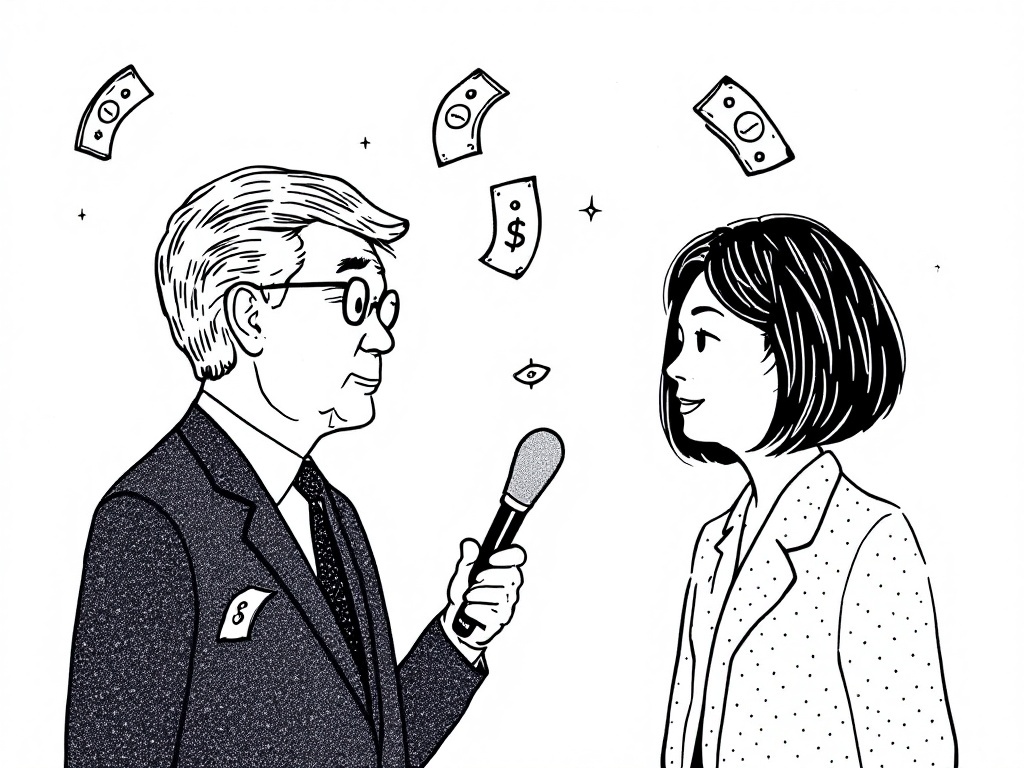Japan Allocates $6.3 Billion to Counter U.S. Tariffs

Tokyo, Wednesday, 28 May 2025.
Japan is deploying $6.3 billion to protect its economy against U.S. tariffs, crucially undercutting potential impacts on industries like automotive by reducing household energy bills and supporting businesses.
Japan’s Financial Package: Strategy and Implementation
To mitigate the impact of U.S. tariffs, particularly in the automotive sector, Japan has announced a $6.3 billion financial package, as reported by Cabinet Secretary Yoshimasa Hayashi. These funds aim to bolster the financial stability of small and medium-sized enterprises and support household energy costs, which have been rising due to increased tariffs [1]. This initiative forms part of Japan’s strategic response to challenges posed by U.S. trade policies, specifically those established during the Trump administration, which have imposed a significant 25% tariff on finished automobiles and parts, heavily affecting Japan’s automobile industry [2].
Economic Challenges and Public Discontent
The increased tariffs have led to higher production costs and subsequent profit declines for major automakers such as Toyota, Honda, and Nissan. These corporations are projecting substantial losses due to the tariffs, further exacerbating public discontent over increasing consumer prices [1]. The financial package is thus not only a response to economic pressures but also an acknowledgment of growing public dissatisfaction. Furthermore, the Japanese government must balance this spending against its substantial national debt, one of the heaviest amongst developed economies [1].
Negotiations and Future Prospects
In parallel to domestic measures, Japan is actively engaged in diplomatic discussions with U.S. counterparts to seek relief from tariffs, especially in the highly impacted automotive sector. Notably, Ryosei Akazawa, Japan’s chief negotiator, expressed optimism about potential agreements in upcoming discussions during a Group of Seven summit in Canada this June [2]. These talks aim to find mutually beneficial solutions that could alleviate some of the economic strain currently facing Japanese industries.
Global Trade Tensions and Market Predictions
Economists warn that such trade tensions could result in a significant curtailing of Japan’s economic growth if unresolved, with predictions indicating that overall growth may be halved [3]. Despite these challenges, a Reuters poll suggests that Japan’s Nikkei share average could see a 5% increase by the end of 2025, as uncertainties surrounding U.S. trade policies dissipate [4]. This boost could potentially offset some negative impacts in the short term, although market volatility remains a concern [4].